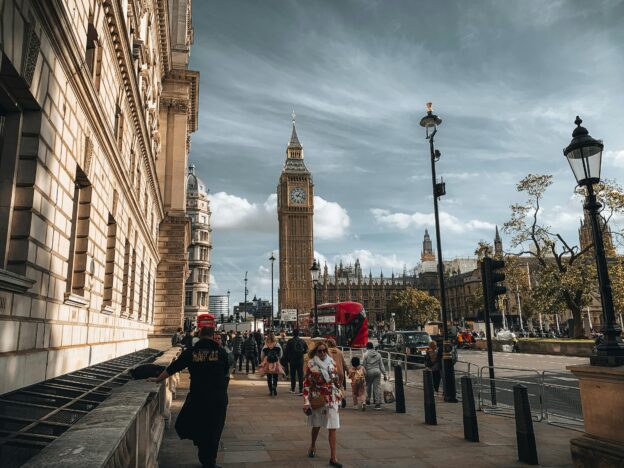GK Associate, Joshua Owolabi, assesses Rishi Sunak and Keir Stramer’s recent struggles with rogue MPs.
Internal strife muddying the waters for both the Conservatives and Labour
Former Prime Minister, Harold Wilson, joked frequently about the frenetic pace at which politics could move. Over his long career, he became well-acquainted with the turbulence that intra-party politicking could bring. Keir Starmer and Rishi Sunak may be able to relate. Clearly, the last few weeks have been taxing for them both as they struggle to deal with internal conflicts.
There has been scant opportunity for Starmer to enjoy the emphatic byelection result in Wellingborough, where the Labour Party overturned a Conservative majority of over 18,000 votes. It doesn’t matter that only a fortnight ago Starmer led his party to its largest swing in a byelection since 1994. Since then, the Labour Party has needed to clamp down on grassroots dissent over the decision to withdraw support for its Rochdale byelection candidate, Azhar Ali. Days later, Starmer was scrambling to avoid a rebellion and the potential resignation of Shadow Ministers, after the SNP brought forward an opposition day motion on the war in Gaza.
The Prime Minister has been blindsided yet again by some of the more outspoken Tory MPs. Lee Anderson, who had been Deputy Chairman of the Conservative Party as recently as January, had the whip suspended following his incendiary remarks about the Mayor of London. Various Tory MPs have either defended or criticised Anderson since his outburst. Sunak has attempted to placate both sides, calling Anderson’s comments ‘wrong’ while also refusing to label them as ‘Islamophobic’.
However, Anderson doubling down on the comments has left Sunak with a problem to solve. Can he deal with the Anderson situation in a way that keeps the right-wing of his party happy, but also heeds the calls from ‘One Nation’ MPs for Anderson to be disciplined? Unfortunately for the Prime Minister, the answer to that question seems obvious.
Meanwhile. a speech from Sunak’s predecessor elicited the response “err… who is Liz Truss?” from a perplexed American audience at a conservative political conference in Maryland. Despite the criticism that Truss’ speech has received, Sunak will be concerned by her decision to lean into conspiracy theories about the ‘deep state’ and her call for Nigel Farage to rejoin the Party. Along with the Lee Anderson headlines, it highlights the way in which Sunak is struggling to control the narrative.
As Tory factions battle each other for control after the election and the Labour leadership works to limit self-inflicted wounds before it, the approaching Spring Budget hasn’t received much attention. Sunak, Starmer, Hunt and Reeves will need their MPs to get back on message as they set out their economic visions. They’ll be hoping that the infighting of February gives way to a renewed focus on policy in March.




